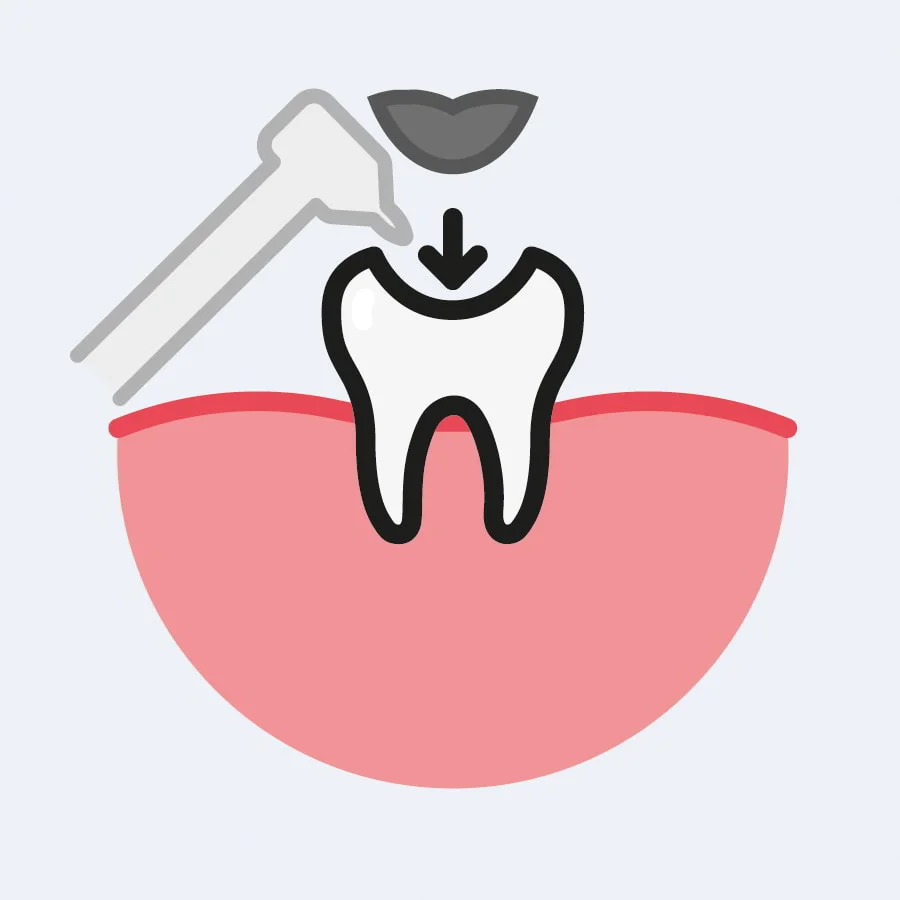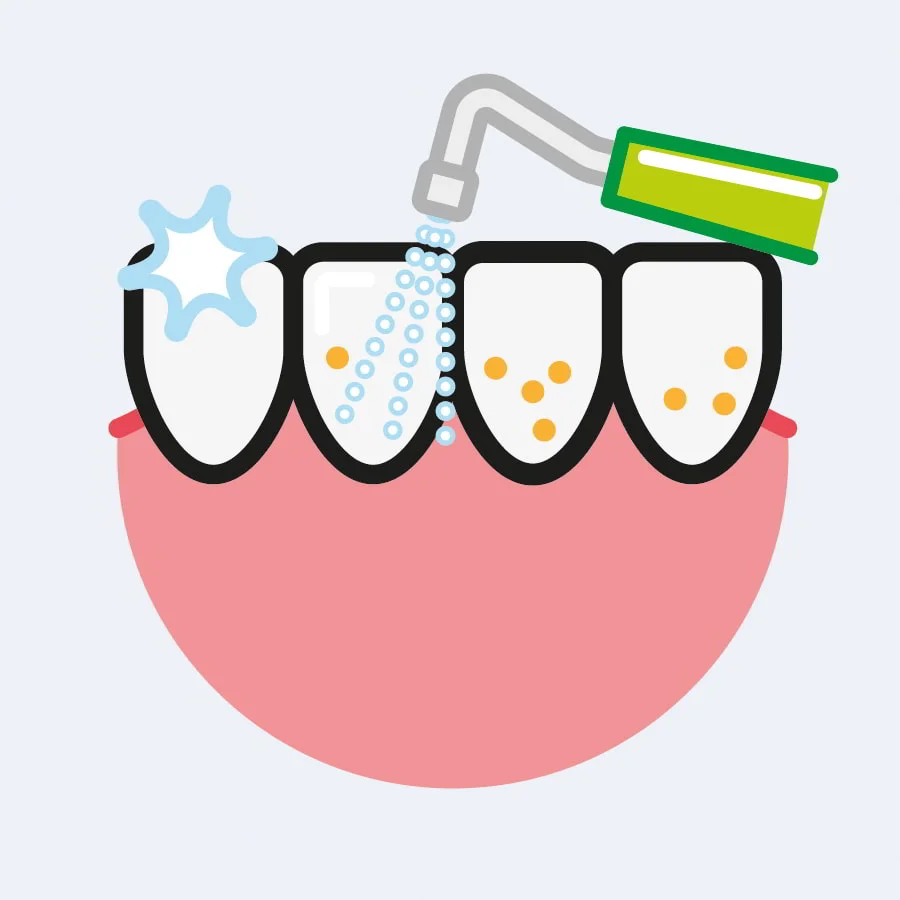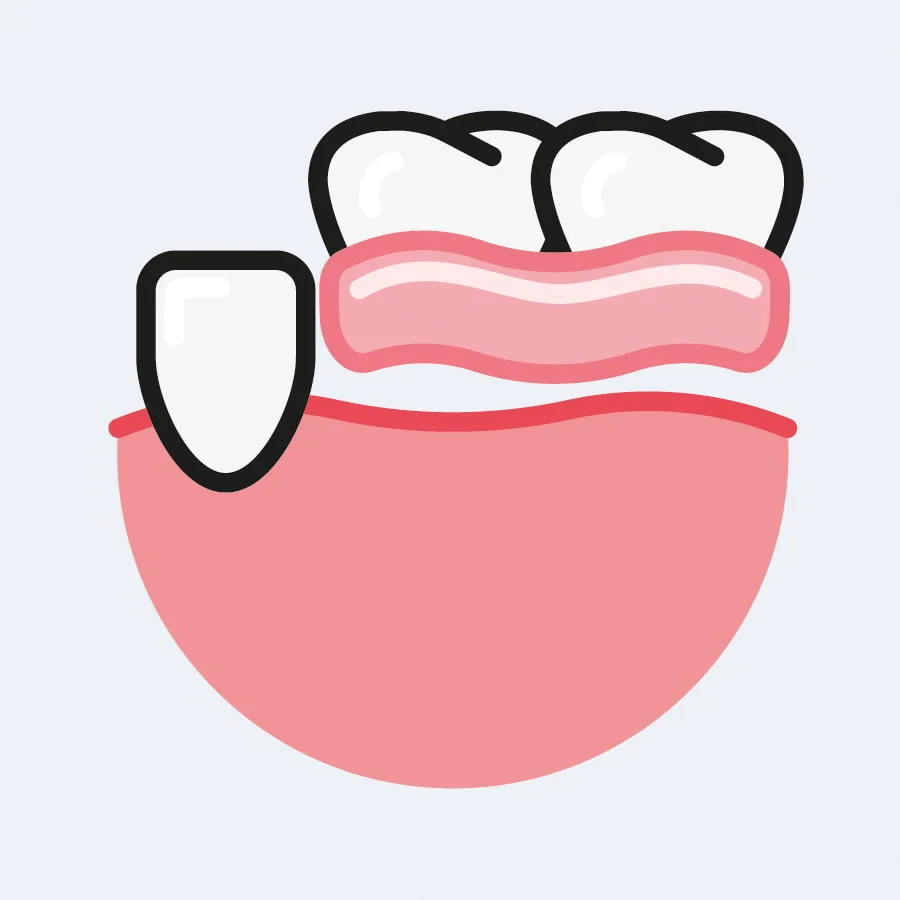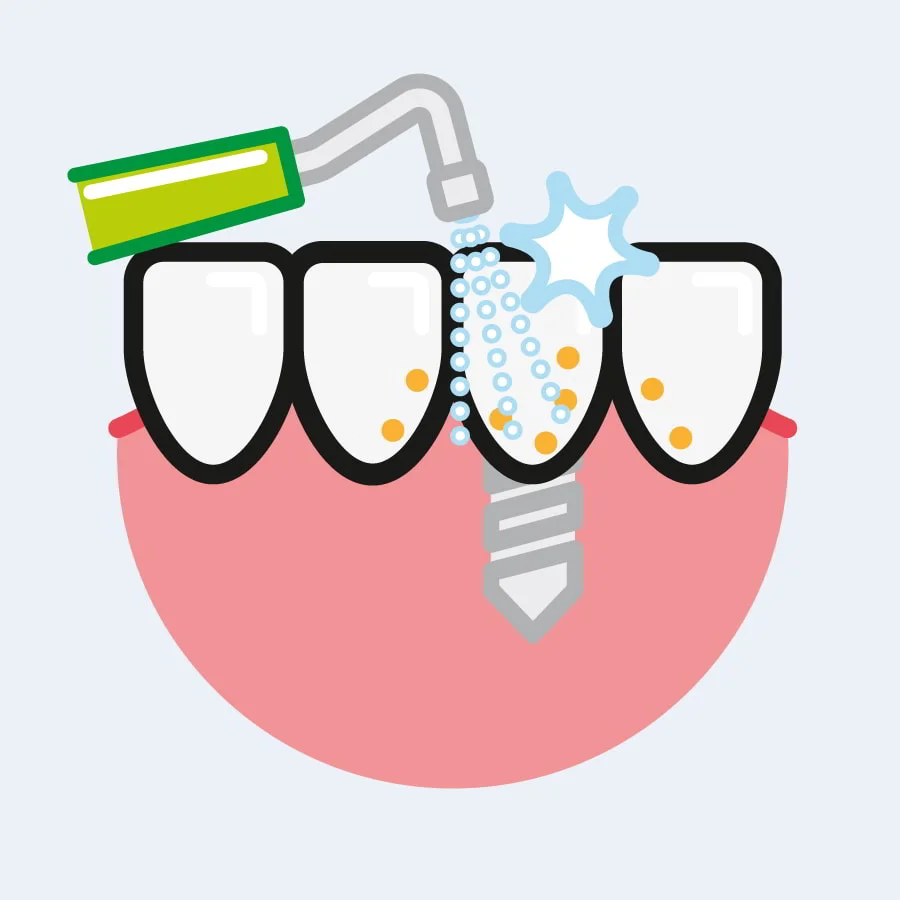What is a root canal?
A root canal is a treatment that falls into endodontics – a specialism that focuses on the inner pulp (inner nerve) of the tooth. Infections occur in this area of the tooth for many reasons, like tooth decay, a leaking filling, or trauma to the tooth. If untreated, this will lead to the tooth rotting and eventually falling out. A root canal aims to remove the infected areas and stop the tooth from rotting further.
When and why would I need a root canal?
Infections can enter into the tooth canals (inside the teeth) when these areas are exposed. This could be caused by a range of factors such as an improperly fitted filling, a fracture, or trauma. If you experience pain, sensitivity, or looseness in any tooth, it may be a sign of infection. Your dentist will take an x-ray to find where the infection is.
It is important not to postpone treatment once your dentist has recommended a root canal. The pain from an infection may begin to feel better – this is caused by the pulp dying, and is not a sign of the infection being healed. Ignoring treatment because the pain has temporarily gone away will only result in it coming back later on, and may make your treatment more complex and less effective.
How is a root canal performed?
Your dentist or a specialist endodontist (if your case is complex) will perform the procedure. As the treatment is slightly invasive, they will begin by administering a local anaesthetic to help numb the area. This will minimise pain, however if you feel the pain is excessive, tell your dentist immediately.
The procedure itself involves removing the crown (biting surface of the tooth) to access the canals which anchor the tooth to the jawbone and house the dental pulp. From there, the infected pulp can be removed.
Your dentist will advise you on aftercare, as the period of recovery may vary depending on the complexity of your case.









Patient Reviews








